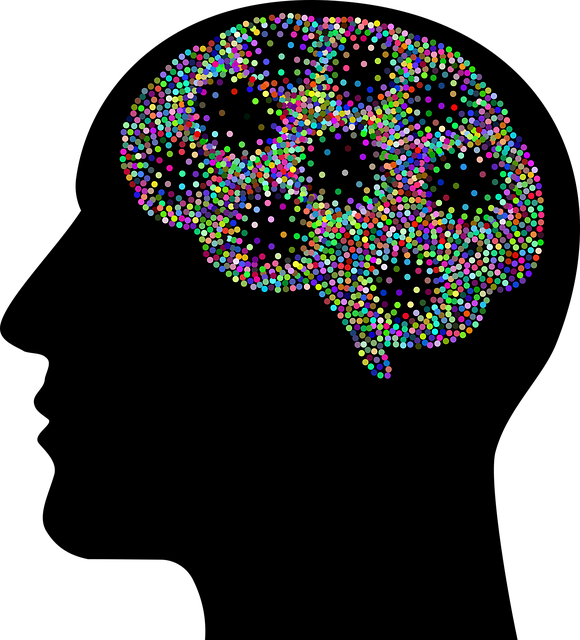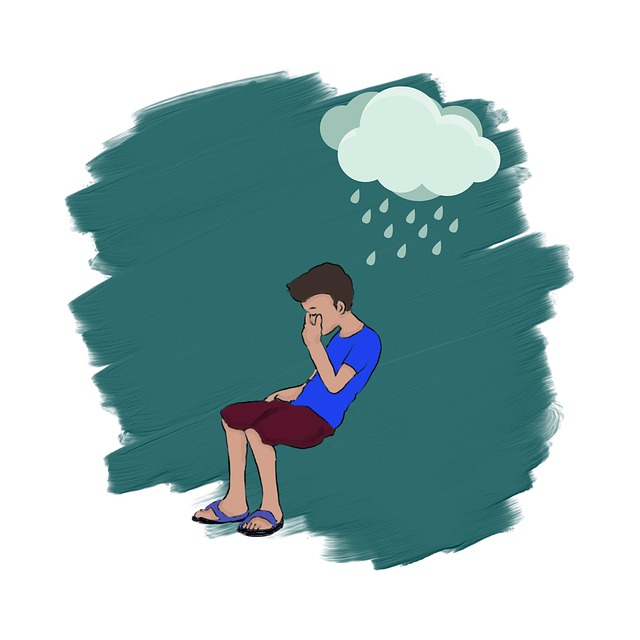Englewood Self-Esteem Therapy offers a culturally sensitive approach to mental healthcare, addressing the unique needs of diverse communities like Englewood. Through tailored practices including self-care routines, mindfulness meditation, and compassion cultivation, clients are empowered to manage their mental health while embracing their cultural identities. This innovative method challenges conventional care by delving into personal narratives, improving resilience building and risk management through a better understanding of cultural perspectives on well-being. Continuous education for therapists ensures personalized, inclusive care that validates clients' unique viewpoints, adapting techniques to cultural preferences and promoting cross-cultural awareness.
Cultural sensitivity is an essential aspect of mental healthcare, ensuring equitable and effective treatment for diverse patient populations. This article explores the concept of cultural sensitivity in mental health practice, offering a case study approach with Englewood Self-Esteem Therapy. We delve into strategies to enhance cultural competence, highlighting their significance in improving access and outcomes for marginalized communities. By understanding cultural nuances, mental healthcare professionals can provide more personalized and compassionate care.
- Understanding Cultural Sensitivity in Mental Healthcare
- Englewood Self-Esteem Therapy: A Case Study Approach
- Strategies for Culturally Competent Practice in Mental Health Care
Understanding Cultural Sensitivity in Mental Healthcare

Understanding Cultural Sensitivity in Mental Healthcare is a cornerstone of effective treatment, especially in diverse communities like Englewood. It involves recognizing and appreciating the unique cultural backgrounds, beliefs, and values that shape an individual’s mental health experiences and expressions. This sensitivity goes beyond mere awareness; it requires therapists to adapt their practices, ensuring that care aligns with clients’ cultural contexts, fostering trust, and promoting healing.
At Englewood Self-Esteem Therapy, we emphasize the importance of cultural sensitivity as a key component of our therapeutic approach. By integrating practices such as Self-Care Routine Development for Better Mental Health, Mindfulness Meditation, and Compassion Cultivation Practices, we create a safe and supportive environment where clients feel understood and respected. These approaches not only enhance traditional therapy but also empower individuals to navigate their mental health journeys with resilience, embracing the richness of their cultural identities.
Englewood Self-Esteem Therapy: A Case Study Approach

Englewood Self-Esteem Therapy offers a compelling case study approach to understanding cultural sensitivity in mental healthcare. By focusing on individuals from diverse backgrounds, this therapeutic method challenges conventional practices and promotes a more inclusive environment. The strategy involves exploring personal narratives, unearthing unique cultural perspectives, and fostering an understanding of how these influences shape one’s mental well-being.
This innovative approach not only enhances the resilience building process but also serves as a crucial tool for risk management planning. By acknowledging and addressing cultural stressors, mental health professionals can significantly improve treatment outcomes while implementing effective stress management techniques tailored to each client’s specific needs.
Strategies for Culturally Competent Practice in Mental Health Care

Incorporating cultural sensitivity into mental healthcare practice is a multifaceted approach that begins with education and training. Mental health professionals at Englewood Self-Esteem Therapy are encouraged to learn about diverse cultural backgrounds, traditions, and beliefs to provide more personalized care. This involves understanding the impact of systemic barriers, historical trauma, and cultural norms on an individual’s mental health experiences. By doing so, therapists can create a safe and inclusive environment that respects and validates clients’ unique perspectives.
One effective strategy is to adapt therapeutic techniques and interventions to align with clients’ cultural preferences. This might include incorporating traditional healing practices or specific communication styles into sessions. Additionally, promoting cross-cultural awareness through Stress Management Workshops Organization can equip healthcare providers with tools for navigating complex situations. By implementing Burnout Prevention Strategies for Healthcare Providers, therapists can ensure they remain attuned to their own well-being, thereby better supporting their clients’ journeys towards improved mental health and enhanced self-esteem.
Cultural sensitivity is an indispensable aspect of modern mental healthcare, as it ensures that diverse patient populations receive tailored and effective treatment. The case study of Englewood Self-Esteem Therapy demonstrates the power of integrating cultural competency into practice, fostering better outcomes for minority individuals. By adopting strategies such as active listening, adaptive communication, and community engagement, mental health professionals can navigate complex cultural landscapes, build trust, and deliver culturally competent care. This approach not only enhances access to services but also promotes healing and transformation, reflecting the evolving needs of our diverse communities.













